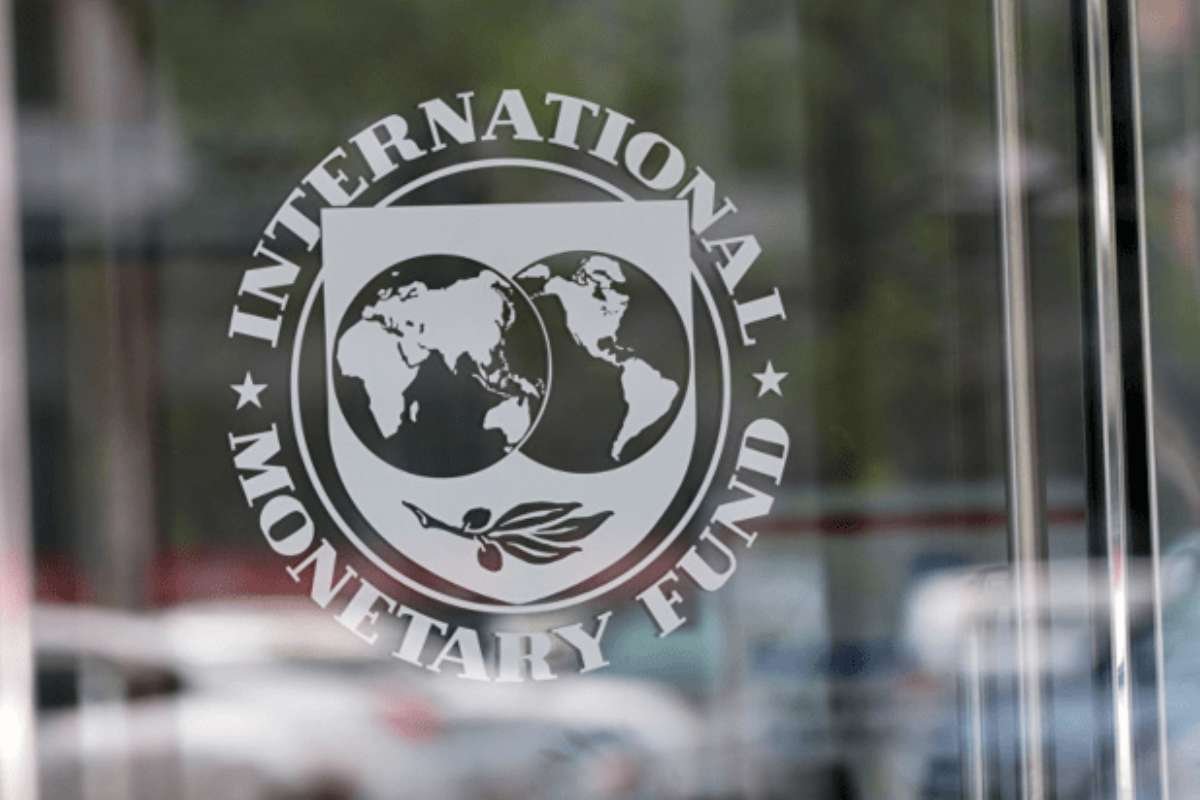The International Monetary Fund (IMF) has projected that the U.S. economy will continue to be a significant driver of global growth throughout 2024 and into 2025, primarily due to resilient consumer spending. This optimism comes despite ongoing challenges from high inflation and elevated interest rates aimed at controlling it. The IMF’s recent World Economic Outlook report highlights the U.S. as the only advanced U.S. economy to receive upward revisions to its growth forecasts for both years. According to IMF Chief Economist Pierre-Olivier Gourinchas, the Federal Reserve’s efforts have largely resulted in a “soft landing,” with inflation subsiding without severely impacting the job market.
Emerging economies, particularly India and Brazil, also featured positively in the IMF’s forecasts, showing stronger growth potential. In contrast, growth expectations for China have been tempered, with the forecast for 2024 revised downwards to 4.8%. The IMF warns, however, that various risks—including geopolitical tensions, potential trade wars, and the aftereffects of stringent monetary policies—could undermine economic stability globally.
Consumer Resilience Boosts U.S. Growth Forecasts
The IMF has adjusted its growth predictions for the U.S. economy, now forecasting a growth rate of 2.8% in 2024, up by two-tenths of a percentage point from previous estimates. This adjustment is attributed to stronger-than-anticipated consumer spending, driven by rising wages and increasing asset values. The outlook for 2025 has also been upgraded to 2.2%, reflecting a slight delay in the return to pre-pandemic growth trends. Conversely, while Brazil experienced a significant upgrade of nine-tenths of a percentage point to a projected growth rate of 3.0%, Mexico’s outlook was revised downward due to tighter monetary policies affecting growth negatively.
China’s growth is also experiencing headwinds, with a reduction in its 2024 growth forecast to 4.8%. This decline reflects ongoing issues in the property sector and weak consumer confidence, though net exports are expected to provide some support. Meanwhile, Germany’s economic forecast has been downgraded to zero growth for this year due to struggles in its manufacturing sector, while the eurozone’s overall growth has been slightly reduced. The report highlighted that the United Kingdom’s growth outlook has improved, aided by decreasing inflation and interest rates expected to enhance consumer demand.
Trade Risks and Geopolitical Tensions Pose Challenges
In assessing the global economic landscape, the IMF’s report underscores various risks, particularly regarding potential trade tariffs and retaliatory actions that could arise from escalating geopolitical tensions. While the report does not explicitly mention U.S. Republican presidential candidate Donald Trump’s proposed tariffs, it outlines a hypothetical scenario involving significant tariffs between the U.S., the eurozone, and China, which could lead to a reduction in global GDP by 0.8% in 2025.
The IMF also cautioned against aggressive industrial policies aimed at protecting domestic industries, asserting that such measures often fail to result in long-term improvements in living standards. Additionally, the report highlighted concerns about the possibility of rising oil and commodity prices, particularly if conflicts in the Middle East and Ukraine escalate further. As global finance leaders convene in Washington for the IMF and World Bank annual meetings, the forecast presents a mixed picture, with some nations showing resilience amidst persistent challenges.










